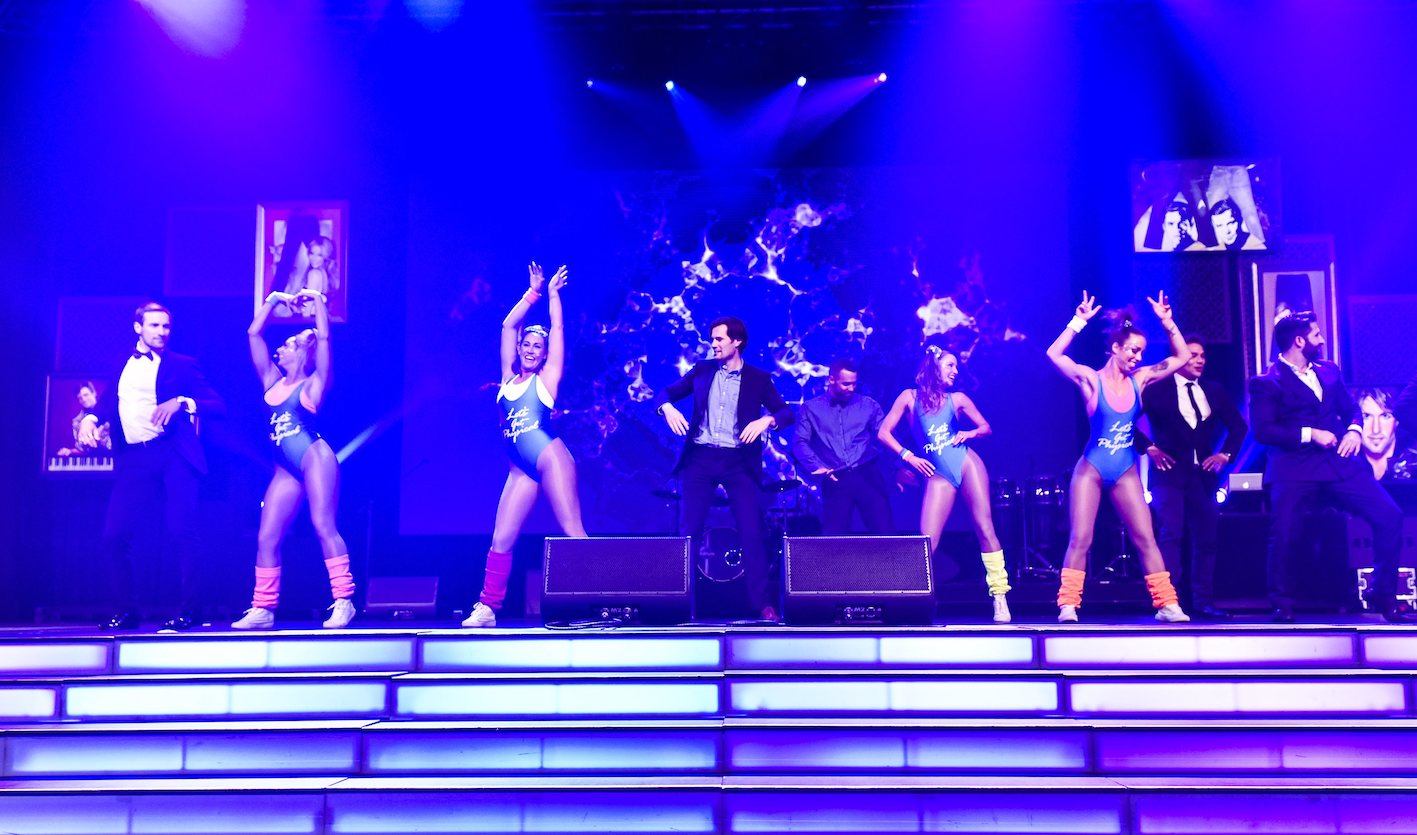Aussie charity refuses to pay performance fees to artists

Chart-topping pop stars often appear and perform at charity events for a fee, but now one not-for-profit is putting its foot down.
The Children’s Medical Research Institute has decided it will no longer book artists that demand compensation for their time and pulling-power, according to a new report by Daily Telegraph.
The story has garnered much traction on social media from all corners of the music industry.
The charity had previously paid between $10,000 and $15,000 for an appearance, but the Children’s Medical Research Institute has said it “won’t pay for celebrities to appear at the charity nights any more”.
Head of fundraising Andrew Kelly argued that while “the people who performed at our events did it at a much-reduced rate…” that his charity is now refusing to “pay for celebrities to come and draw awareness to a cause which affects 1 in 20 children in Australia”.
One Aussie manager, who spoke to TMN on Wednesday under the condition of anonymity, says that most artists are generous with their time and energy and have a desire to help.
“I work with 19 artists at the moment in different capacities. Most weeks there would be between three and four requests from charities that come across my desk.
“I think a majority of artists are very happy to help charities.”
The Children Medical Research Institute has managed to secure singer and actor Joel Jackson to perform for free at its upcoming Denim Dinner, its annual calendar fundraiser.
But according to the Daily Telegraph, many Aussie artists charge more than $10,000 for an appearance.
Dami Im, Vince Sorrenti, Kate Ceberano and Anthony Callea often reportedly charge between $10,000 and $15,000 per appearance, while Guy Sebastian regularly appears for a quoted $20,000 per appearance, although he frequently waives this fee.
The manager says it’s more complicated than a performer wanting to lend a helping hand.
“The reality is it costs to perform and the music business is not the gold rush it once was.
“It’s not as simple as volunteering your time as an individual. Successful artists have teams around them that make them that way. People who need to put food on their own table, employees with rights and expectations.
“I don’t know many people who are happy to go to work and lose thousands of dollars for the sake of it. It comes down to what is fair and reasonable.”
He explains that artists, just like everyone else, have a professional value.
“The question has to be what do you want to achieve with your charity event? Do you want to attract major investment and actually make a difference? Because if you do you need the artists with a reputation and brand equity to generate that.
“But it costs a lot of money to build that equity in the first place, so why shouldn’t some costs be covered? That should be a standard expectation in any profession.
“Artists are not looking to make a massive profit or cheat the charity, they are just looking to have fundamental costs covered so that they don’t have to ask for charity of their own in the future.”
Fundamentally, a lack of understanding is at the core of why an increasing number of charities don’t see value in paying for live music – despite the undeniable drawcard, and value, of engaging local artists.
“I believe there is a lack of understanding about how a charity event should function,” says the source.
“I also think that charities are getting more and more desperate for their piece of the pie, and many now have lofty KPI measures in place.
“But it is the artist on stage who will sell the message and connect the event with sponsors to ultimately deliver the objective. Smart charities understand that, and their events ultimately do very well.”

































